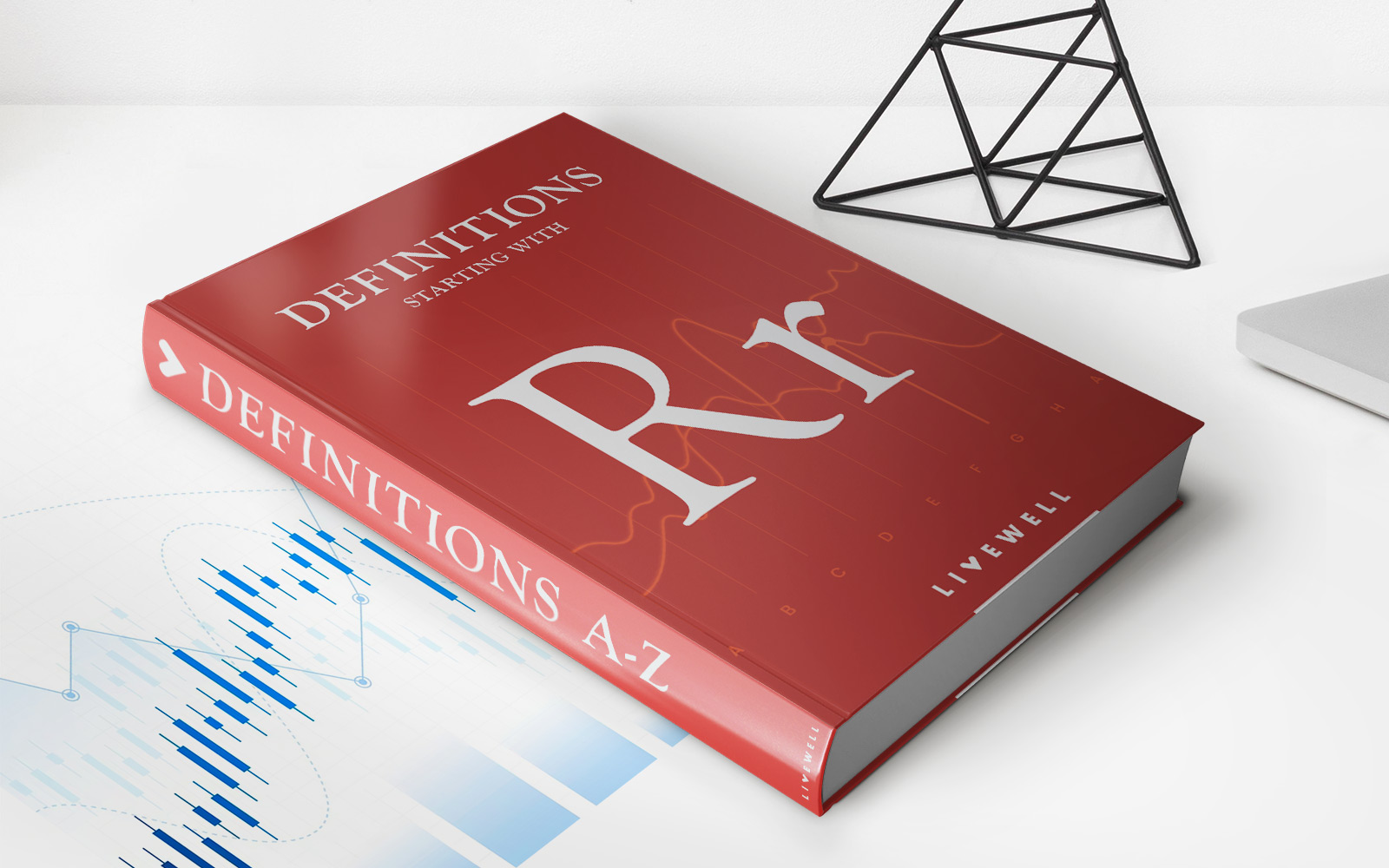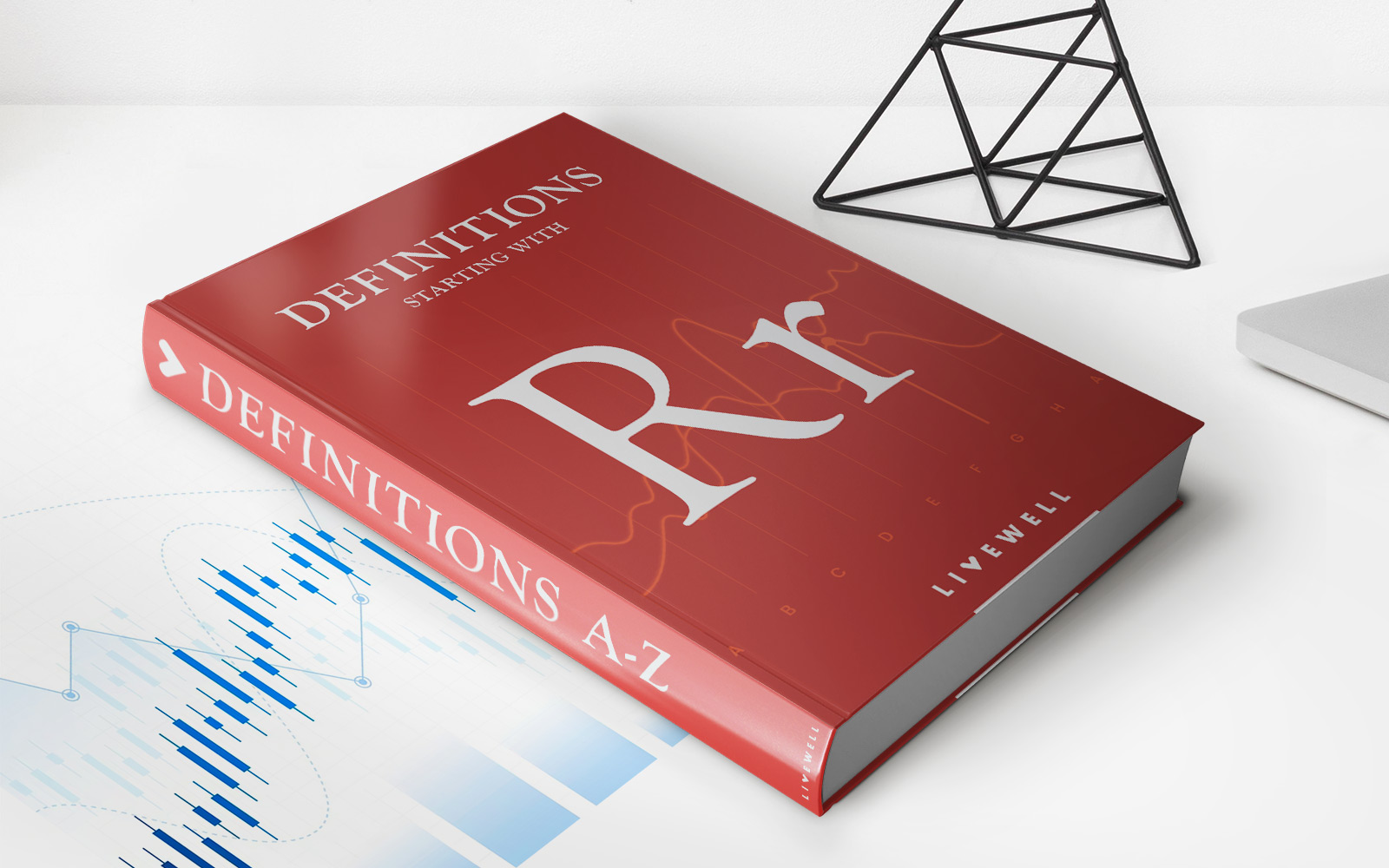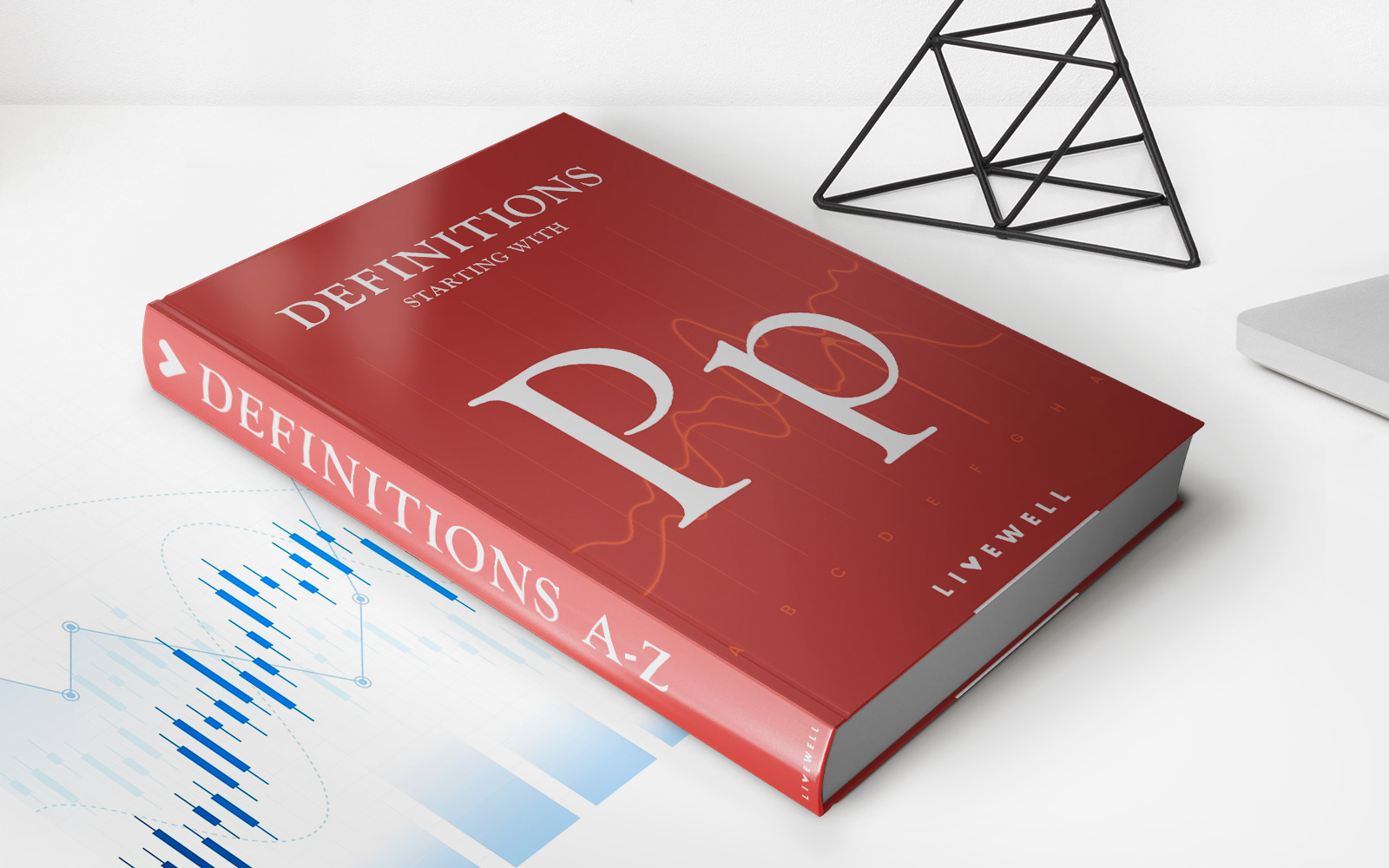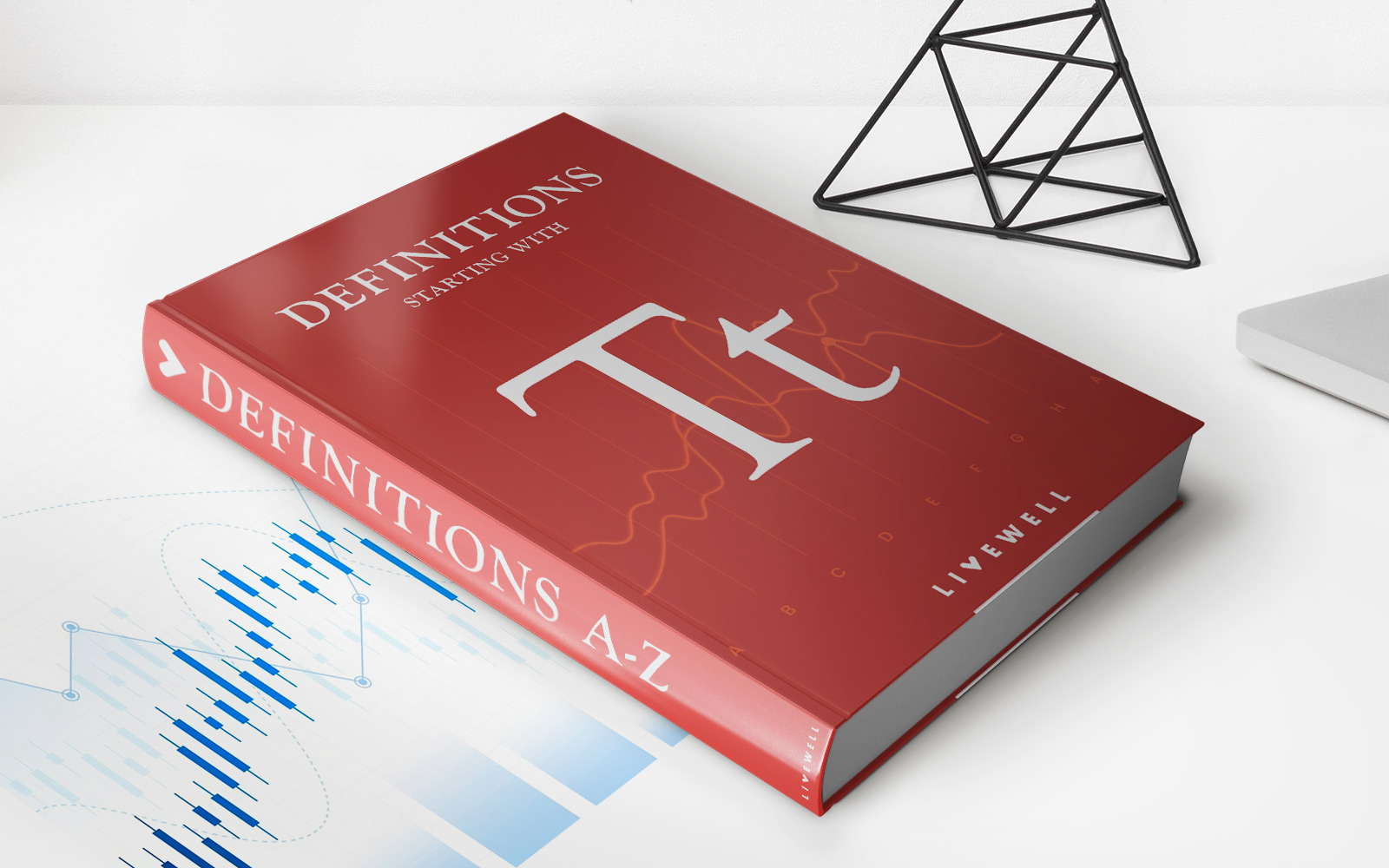Home>Finance>Real Estate Mortgage Investment Conduit (REMIC) Definition, Rules


Finance
Real Estate Mortgage Investment Conduit (REMIC) Definition, Rules
Published: January 16, 2024
Learn about the definition and rules of Real Estate Mortgage Investment Conduit (REMIC) in the world of finance. Explore the benefits and requirements of this investment vehicle.
(Many of the links in this article redirect to a specific reviewed product. Your purchase of these products through affiliate links helps to generate commission for LiveWell, at no extra cost. Learn more)
The Real Estate Mortgage Investment Conduit (REMIC): A Guide to Definition, Rules, and Benefits
When it comes to the world of finance, there are countless terms and acronyms that can seem overwhelming and confusing. One such term that often comes up in discussions surrounding mortgage-backed securities and real estate investments is the Real Estate Mortgage Investment Conduit, or REMIC. In this blog post, we will delve into the definition of a REMIC, explore its rules and regulations, and discuss the benefits it offers to investors.
Key Takeaways:
- A REMIC is a special purpose entity that holds a pool of mortgages and uses the income from these mortgages to generate revenue for investors.
- REMICs were created as part of the Tax Reform Act of 1986 and are subject to specific rules and regulations under the Internal Revenue Code.
What is a REMIC?
A REMIC is a type of special purpose entity that is created solely for the purpose of holding a pool of mortgages. These mortgages are typically residential mortgages, but they can also include commercial mortgages or a combination of both. The income generated from the interest payments on these mortgages is then passed through to investors in the form of interest payments on the REMIC securities.
One of the key benefits of a REMIC is that it allows for the securitization of mortgages, which means that mortgage loans can be packaged together and sold as investment securities. This helps to provide liquidity to the mortgage market and allows investors to gain exposure to a diversified portfolio of mortgages.
Rules and Regulations for REMICs
REMICs are subject to specific rules and regulations under the Internal Revenue Code, which govern their formation and operation. These rules prescribe various requirements that must be met in order for a REMIC to maintain its favorable tax treatment.
Here are some important rules and regulations for REMICs:
- A REMIC must be a passive entity and cannot engage in active business activities. Its sole purpose is to hold a pool of mortgages and distribute the income generated from these mortgages to investors.
- A REMIC must hold at least 100 mortgages at all times and cannot hold any disqualified mortgages, which include certain types of non-performing loans and credit-enhanced mortgage-backed securities.
- A REMIC must distribute at least 90% of its net income to investors each year in order to maintain its favorable tax status.
The Benefits of Investing in a REMIC
Investing in a REMIC offers several benefits to investors:
- Diversification: REMICs allow investors to gain exposure to a diversified portfolio of mortgages, reducing the risk associated with investing in individual mortgages.
- Steady Income: REMICs distribute the income generated from the mortgage pool to investors in the form of interest payments, providing a steady stream of income.
- Tax Advantages: REMICs are treated as pass-through entities for tax purposes, meaning that investors only pay taxes on the income they receive, not on the income generated by the REMIC.
- Liquidity: The securitization of mortgages through REMICs provides liquidity to the mortgage market, making it easier for investors to buy and sell mortgage-backed securities.
In conclusion, a REMIC is a specialized entity that allows for the securitization of mortgages and provides investors with access to a diversified portfolio of mortgage-backed securities. By following the rules and regulations set forth by the Internal Revenue Code, REMICs offer tax advantages and a steady stream of income. For investors looking to diversify their real estate and mortgage investments, a REMIC can be an attractive option.














